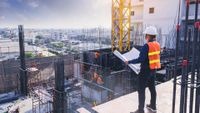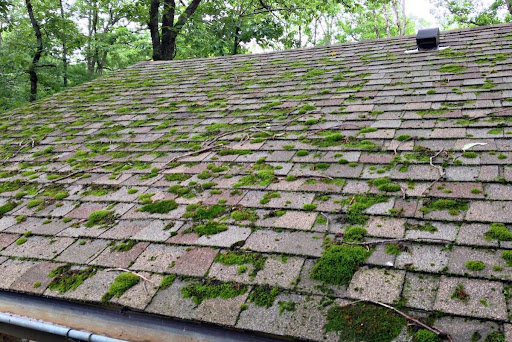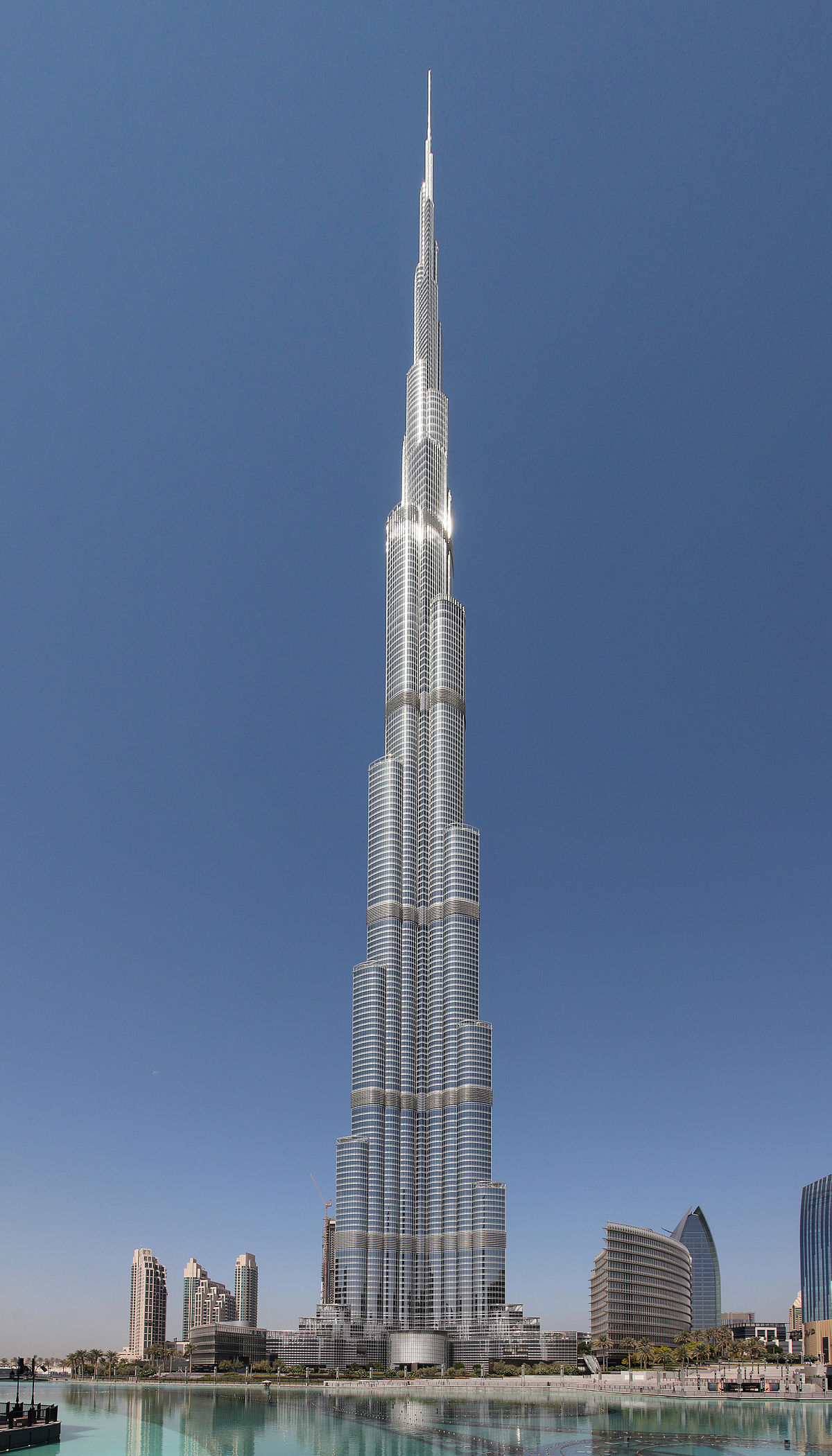
Construction In Ireland
Construction in Ireland is a vital industry that plays a significant role in the country’s economic development and urban landscape. As Ireland continues to grow and modernize, the construction sector faces a dynamic environment influenced by various factors, including government policies, economic conditions, and technological advancements. This article explores the current state of the construction industry in Ireland, highlighting key trends, challenges, and opportunities shaping its future.
Current Trends in Irish Construction
The Irish construction industry has seen a robust recovery following the economic downturn of the late 2000s. A significant driver of this growth is the increasing demand for residential housing. Urban areas, particularly Dublin, have experienced a housing shortage due to rapid population growth and urbanization. As a result, there has been a surge in residential construction projects aimed at addressing this deficit. Government initiatives, such as the Rebuilding Ireland Action Plan, have been implemented to boost housing supply and improve affordability.
Commercial construction is also on the rise, with new office spaces, retail centers, and industrial facilities being developed to accommodate the needs of a growing economy. The technology sector, in particular, has spurred the demand for modern office buildings, as Ireland continues to attract global tech giants like Google, Facebook, and Amazon.
Sustainability is another significant trend shaping the construction landscape. There is an increasing emphasis on green building practices and energy-efficient designs. The Irish government has set ambitious targets for reducing carbon emissions, which has led to stricter building regulations and a focus on sustainable construction methods. This trend is evident in the growing number of buildings certified under schemes like LEED (Leadership in Energy and Environmental Design) and BREEAM (Building Research Establishment Environmental Assessment Method).
Challenges Facing the Industry
Despite its growth, the Irish construction industry faces several challenges that could impact its long-term sustainability and success. One of the primary challenges is the shortage of skilled labor. The construction boom has led to high demand for skilled workers, including electricians, plumbers, and carpenters. However, the industry is struggling to attract and retain enough qualified personnel. This labor shortage can lead to project delays, increased costs, and quality issues.
Another significant challenge is the rising cost of construction materials. Global supply chain disruptions, partly due to the COVID-19 pandemic, have resulted in increased prices for materials like steel, timber, and concrete. These cost pressures are squeezing profit margins for construction companies and making it difficult to complete projects within budget.
Regulatory hurdles and planning delays also pose challenges. Obtaining planning permission can be a lengthy and complex process, often causing significant delays in project timelines. Additionally, navigating the evolving landscape of building regulations and compliance requirements can be cumbersome for construction firms.
Opportunities in the Construction Sector
Despite these challenges, numerous opportunities exist for growth and innovation within the Irish construction industry. The ongoing housing demand presents a significant opportunity for residential developers. By leveraging modern construction techniques, such as modular building and prefabrication, companies can increase efficiency and reduce costs while meeting housing needs more effectively.
Infrastructure development is another area ripe with opportunity. The Irish government has committed to substantial investments in infrastructure through initiatives like the National Development Plan 2021-2030. This plan includes major projects in transport, energy, and water infrastructure, providing a steady pipeline of construction opportunities.
The push for sustainability also opens new avenues for innovation. Companies that adopt green building practices and invest in renewable energy technologies can capitalize on the growing demand for eco-friendly buildings. This shift towards sustainability is not only beneficial for the environment but also for long-term business viability, as consumers and investors increasingly prioritize sustainable practices.
Technological advancements are transforming the construction industry, offering opportunities for increased efficiency and productivity. Building Information Modeling (BIM), for example, allows for more precise planning and collaboration across project teams. Drones and 3D printing are being used to enhance construction processes and reduce costs. Embracing these technologies can help companies stay competitive and deliver higher-quality projects.
The construction industry in Ireland is experiencing a period of growth and transformation, driven by factors such as urbanization, economic development, and sustainability. While challenges like labor shortages, rising material costs, and regulatory hurdles present obstacles, the industry is well-positioned to seize numerous opportunities. By embracing innovation, investing in skills development, and focusing on sustainable practices, the Irish construction sector can continue to thrive and contribute significantly to the country's future growth and prosperity.




